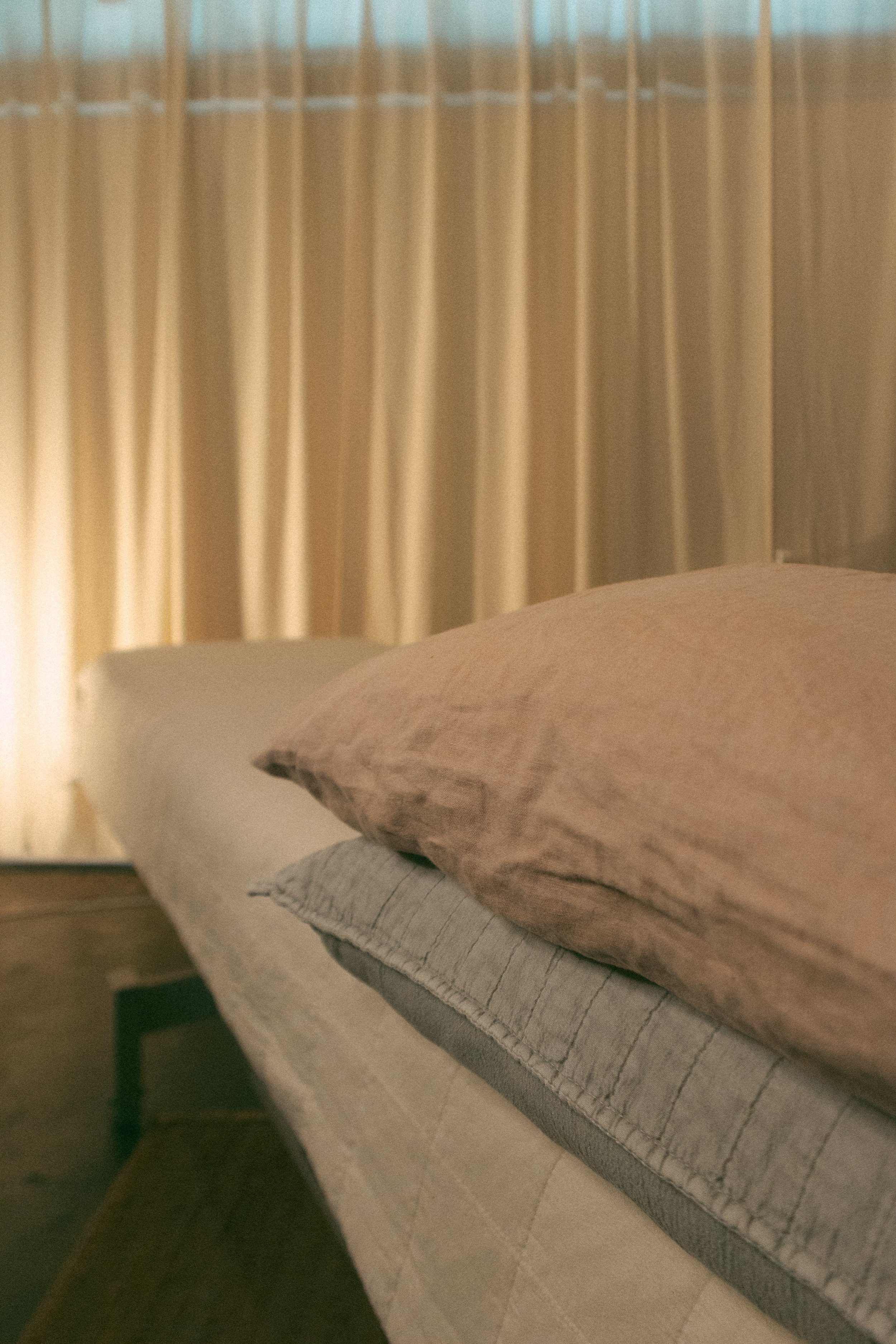Physiotherapy & Mastitis
The combination you didn’t know you needed! Mastitis is a common condition that occurs in breastfeeding women and causes swelling, redness, pain and inflammation of the breast. New research is coming out all the time and the management for mastitis has recently changed.
The cause of mastitis, which was originally thought to be an infection, is now believed to actually be from inflammation. Which means the management is different, continue reading for more info about what this means and learn how a Physiotherapist can help!
Help, I’ve got mastitis!
-
Continue as normal
Continue your usual feeding pattern and avoid excess pumping. The first sign of mastitis is often oversupply, this means we want to avoid over pumping as this can signal the body to increase your milk supply even more!
Demand = supply.
-
Use ice rather than heat
As mastitis is now considered inflammation rather than an infection, ice is beneficial to reduce the swelling and blood supply.
Try putting a cold compress or ice pack on the affected breast instead.
-
Consider anti-inflammatories
But check with your GP first!
Again, as mastitis is now considered to be inflammation, simple ibuprofen can help to reduce this. Make sure you have the all clear from your GP or OB first before taking these!
-
Avoid firm massage
Firm massage is now considered an ineffective method for mastitis. It can also result in ‘tissue trauma’ according to the new guidelines if it’s too firm. A very gentle lymphatic drainage type massage is preferable! Try sweeping from the nipple upwards towards the armpit to ease your symptoms.
How Physiotherapy can help!
All of the methods above are aimed at addressing the inflammation, which in turn will ease your symptoms of mastitis.
If you are still struggling to get on top of your symptoms and need some relief, then therapeutic ultrasound administered by a physiotherapist can help!
Please note:
If your symptoms persist or you start to feel worse, then please visit your GP as medication or antibiotics may be required to get on top of it.


